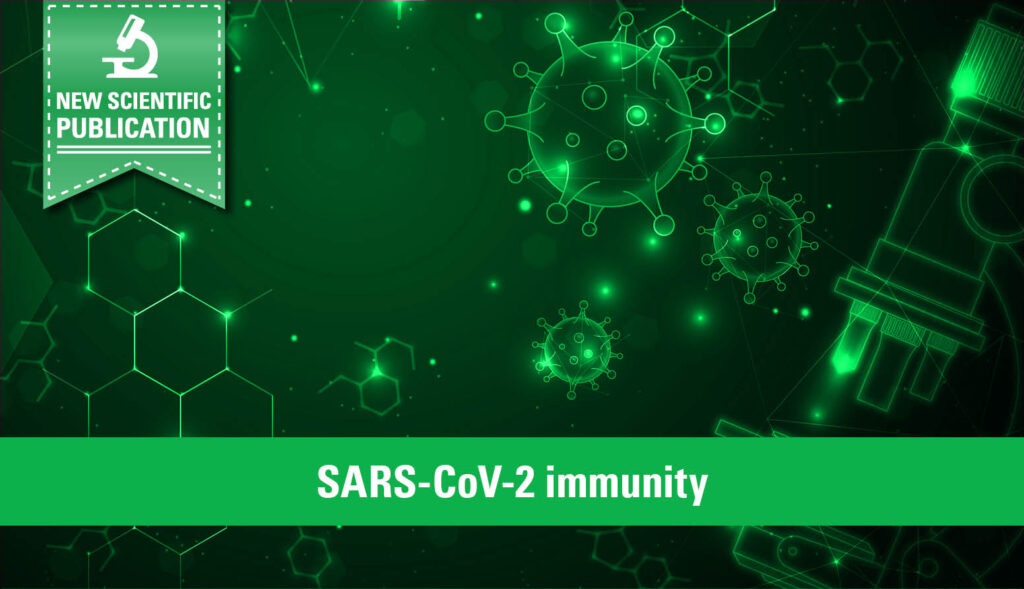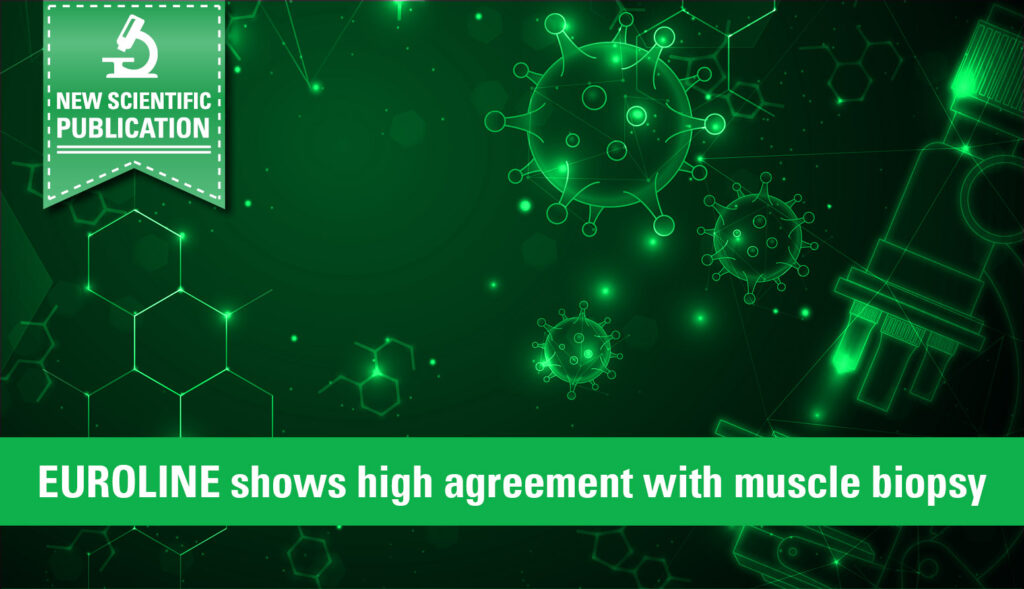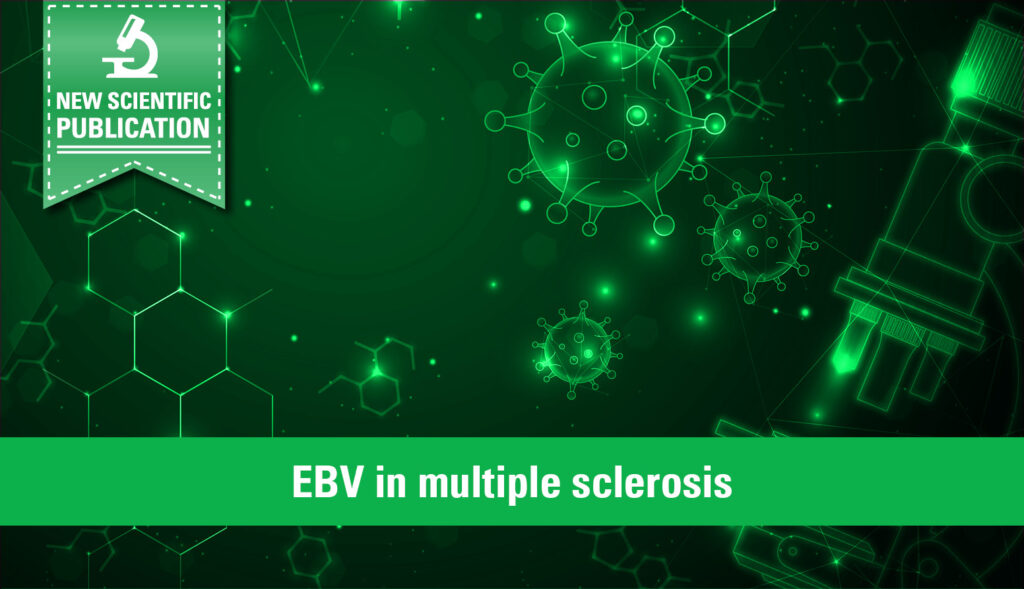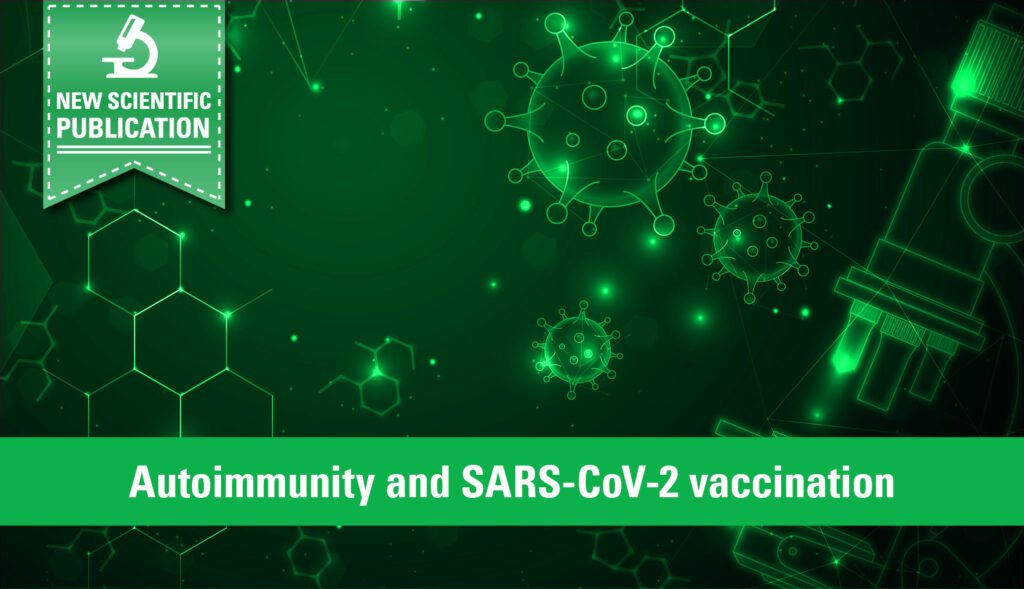A recent study has demonstrated substantial differences in SARS-CoV-2 immunity after Omicron infection in triple-COVID-19-vaccinated and antigen-naïve individuals, which may influence cross-protection against future variants. The study was performed as part of a collaboration between the Hannover Medical School, Germany and EUROIMMUN.
Omicron variants are B-cell immune escape variants of SARS-CoV-2 that elude the defence mechanisms induced by first-generation vaccines or infections with earlier variants. In the study, B-cell and T-cell immune responses to Omicron infection were analysed in persons who were triple COVID-19 vaccinated or non-immunized.
SARS-CoV-2 antibody and T-cell assays from EUROIMMUN were employed for the investigations. Anti-spike protein IgG levels were measured quantitatively using the EUROIMMUN Anti-SARS-CoV-2 QuantiVac ELISA and Omicron ELISA, which are based on the S1 domain from the Wuhan and Omicron variants, respectively. Interferon-gamma (IFN-γ) release was quantified using the EUROIMMUN Quan-T-Cell system employing stimulation tubes with Wuhan S1- or Omicron S1-based antigens. Seroconversion from infection was assessed by measuring anti-nucleocapsid protein IgG using the EURIMMUN Anti-SARS-CoV-2 NCP ELISA.
In triple-vaccinated individuals without reported infection, there was a significant decrease in anti-S1 IgG and IFN-γ release within 3.5 months after the third vaccine dose. Omicron breakthrough infections occurring 2 to 3.5 months after third vaccination restored B-cell and T-cell responses to similar or higher levels than those measured 2 weeks post vaccination. Antibody responses in breakthrough infections derived mostly from cross-reacting B cells, initially induced by vaccination.
Antigen-naïve individuals infected with Omicron mounted considerable T-cell responses. However, B-cell responses were low and neutralising antibodies were frequently below the level of detection. Infections in these individuals generated primarily B cells binding to the Omicron but not the Wuhan spike protein.
The authors conclude that, considering the gradual decrease in immunity over time, unvaccinated individuals post Omicron infection are likely to have poor cross-protection against existing and possibly emerging SARS-CoV-2 variants. The detection of Omicron-induced immune responses in primed and antigen-naïve individuals supports the use of Omicron-adapted COVID-19 vaccines.
The study was published in a recent scientific paper by the Hannover Medical School. Results from the study were also presented in a joint poster at the European Congress for Virology in May 2023.
Read the paper about omicron infection-associated immunity in the journal Frontiers in Immunology:
Barros-Martins J. et al. Omicron infection-associated T- and B-cell immunity in antigen-naïve and triple-COVID-19-vaccinated individuals Front. Immunol. 14:1166589. doi: 10.3389/fimmu.2023.1166589
Read our poster on humoral and cellular responses to Omicron infection presented at the ESV 2023.





